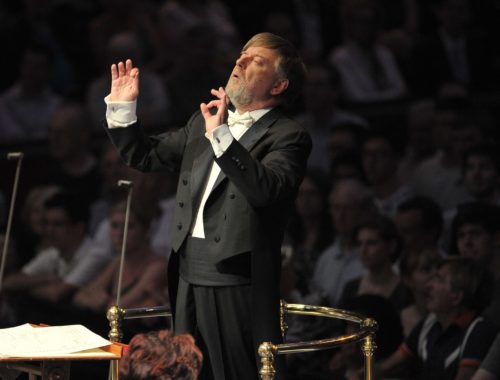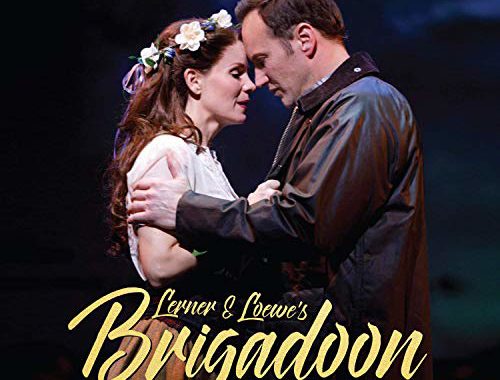Philharmonia Orchestra, Davis, Royal Festival Hall
The occasion was Delius’ 150th birthday but more broadly it was a celebration of Englishness. Vaughan Williams’ lark ascended once more, the Philharmonia’s concert master Zsolt-Tihamér Visontay effecting the transfiguration of song into mystic musing with elegantly nuanced fingerwork and fluttery trills transporting us slowly but surely into the ether.
Delius’ rarely heard Cello Concerto brought us rapidly back to earth, the double-stopped gestures of the opening pages (to say nothing of the swinging main theme) fleetingly alluding to the Elgar concerto but imbued with darkening harmonic twists. The music seems to unfold in the playing of it, a “ramble” (as Percy Grainger might have had it) to a place which if not the “Paradise Garden” then at least somewhere touched with enchantment.
Julian Lloyd Webber made it feel personal, a modest voice with a quiet intensity eschewing the temptation towards showy or extravagant gesture but rather projecting a solo presence which had more to do with a sense of the cello as first among equals – more obbligato than main protagonist. And he’s right – this is essentially a chamber piece in manner and attitude. Even so, there were moments where one wanted Lloyd Webber to big up the sound and free up the phrasing a little more, to boldly go where so few have gone before.
To Brigg Fair, perhaps. It was a bold gesture on Andrew Davis’ part to bring together two great sets of home-grown variations for the second half of the concert. Delius’ Lincolnshire folk-song enjoys an extraordinary metamorphosis during the course of this much-venerated masterwork and perhaps the most moving thing about it is the way in which so unassuming a melody, emerging as it does from so magical a landscape (gorgeous colourings – pale horns and distilled woodwinds – from the Philharmonia), is finally afforded so grand an apotheosis.
Almost as grand as Edward Elgar himself in the self-portrait which closes Enigma Variations. He is never knowingly upstaged. For Andrew Davis it was yet another homecoming. Capitalising on the natural warmth and generosity of the Philharmonia Orchestra, he presented by turns a characterful, charming, and bullish portrait of “the friends pictured within” – not least, of course, “Nimrod” which emerged from an almost primordial hush as if not daring to speak the name which gives the work its title.
You May Also Like

Prom 1, Elgar “The Kingdom. Royal Albert Hall
19/07/2014
A Conversation With ELAINE PAIGE
24/04/2016
